General/Advanced Imaging
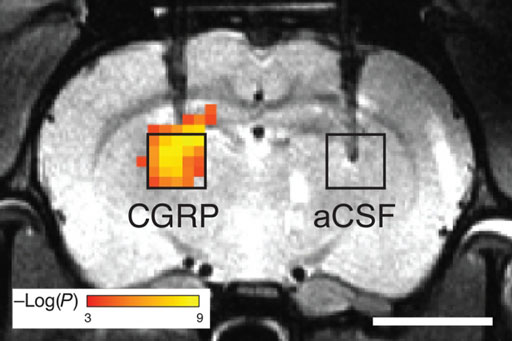
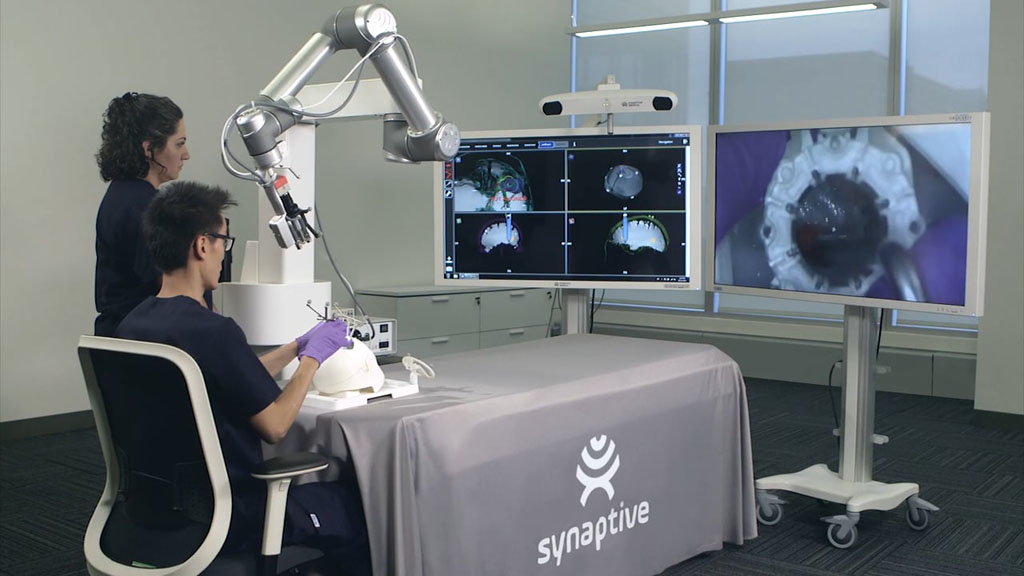
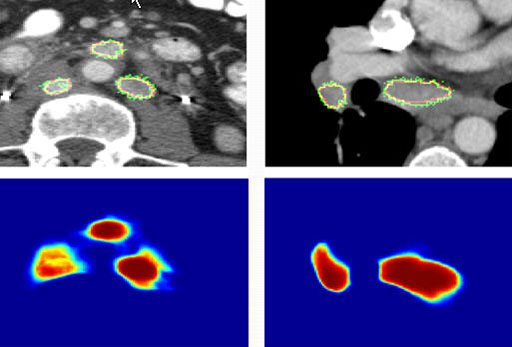
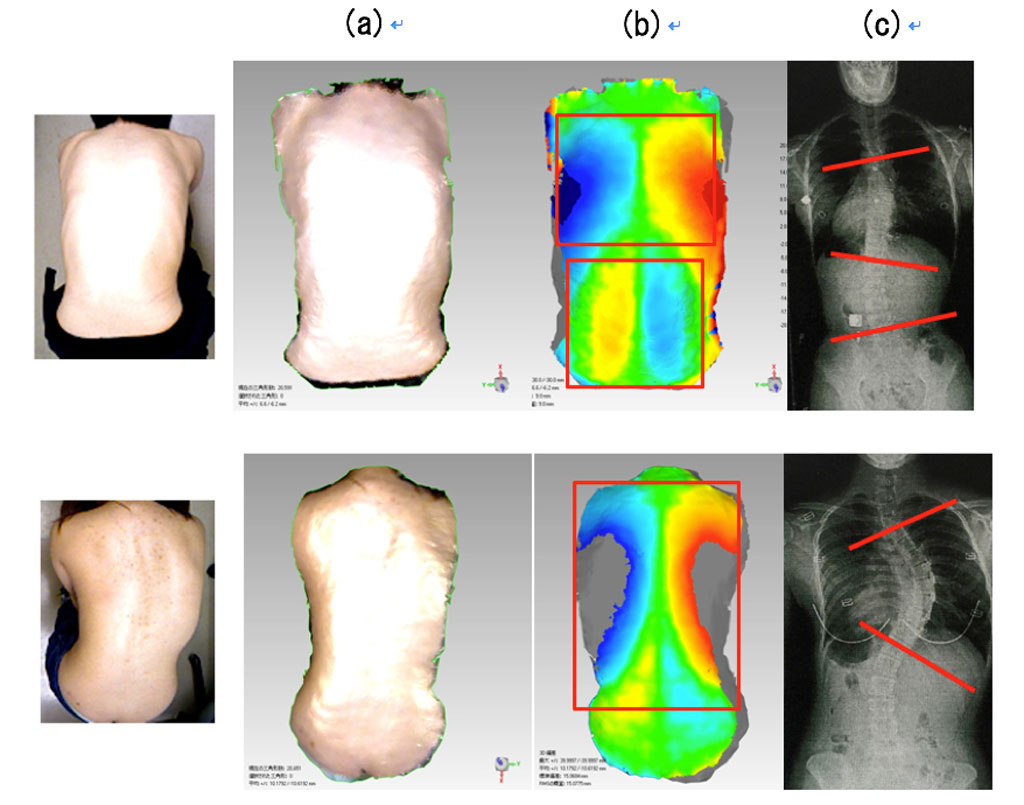

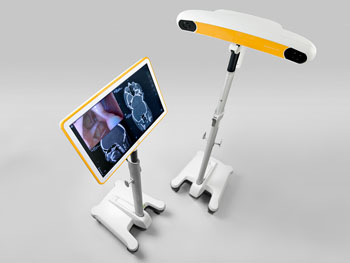
In Other News
Novel Technique Uses Lasers to Image Living Tissues
PET Imaging Could Improve Cancer Treatment
Next Generation Endoscopy System Provides Superior Visualization
Novel Activity-Based Probes Detect Vascular Inflammation
Mammograms Contribute to Over-Diagnosis of Breast Cancer
Robot-Supported Angiography System Advances Hybrid ORs
Innovative Imaging Platform Combines Optical and Digital Enhancements
New Optoacoustic Technique Reveals Activation of Large Neural Circuits
CT Nodule Detection App Clears Lung Structure

Fluorescent Method Images Cellular Phosphatidic Acid Synthesis
Magnifying Endoscopy Helps Estimate Gastric Cancer Risk
US MSSP Healthcare Reforms Result in Increased Mammography Screening
Nanoparticle Imaging Agents Reveal Microdamaged Bone Structure
CBCT System Simplifies Extremity Imaging Studies

Bimodal Endoscope Detects Early Signs of Esophageal Cancer
New Diagnostics Technology Using 3D Ultrasonic Holography Unveiled
New Angiography Solution for Hybrid OR Procedures
Dual-Source CT System Reduces Examination Time
Imaging Technique Provides Physicians and Researchers with New Tools
Diagnostic Imaging Could Improve Ear Infection Diagnosis
New Integrated Imaging Portfolio for Cardiology Care Cycle
Ingestible X-Ray Capsule Supports Colorectal Cancer Screening

CT Attenuation Measurements Can Differentiate Bone Tumors
MedImaging General Imaging channel provides a portal into the less common imaging technologies such as diffuse optical tomography (NIR), optical coherence tomography, electrical impedance tomography and more.











